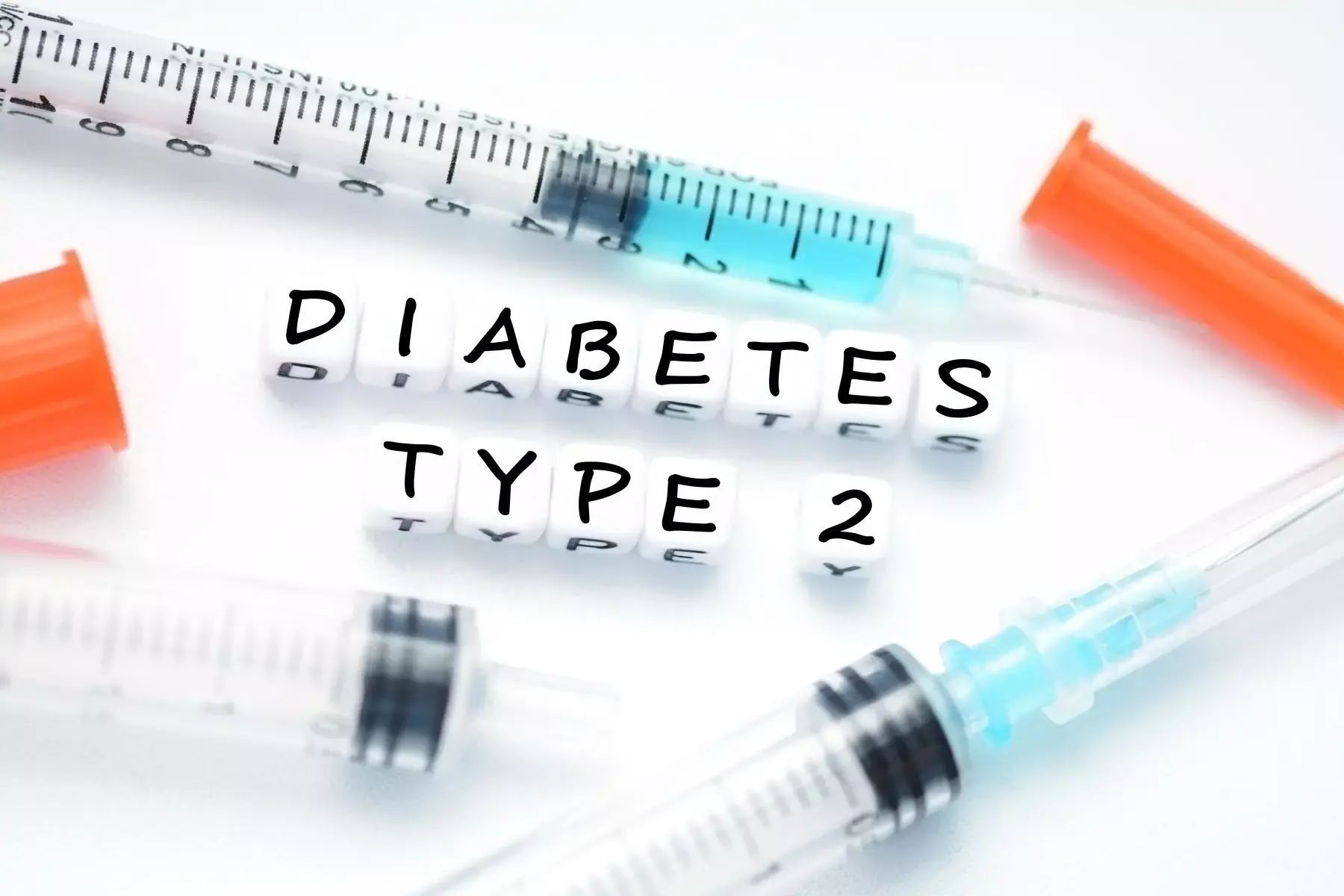- Home
- Medical news & Guidelines
- Anesthesiology
- Cardiology and CTVS
- Critical Care
- Dentistry
- Dermatology
- Diabetes and Endocrinology
- ENT
- Gastroenterology
- Medicine
- Nephrology
- Neurology
- Obstretics-Gynaecology
- Oncology
- Ophthalmology
- Orthopaedics
- Pediatrics-Neonatology
- Psychiatry
- Pulmonology
- Radiology
- Surgery
- Urology
- Laboratory Medicine
- Diet
- Nursing
- Paramedical
- Physiotherapy
- Health news
- Fact Check
- Bone Health Fact Check
- Brain Health Fact Check
- Cancer Related Fact Check
- Child Care Fact Check
- Dental and oral health fact check
- Diabetes and metabolic health fact check
- Diet and Nutrition Fact Check
- Eye and ENT Care Fact Check
- Fitness fact check
- Gut health fact check
- Heart health fact check
- Kidney health fact check
- Medical education fact check
- Men's health fact check
- Respiratory fact check
- Skin and hair care fact check
- Vaccine and Immunization fact check
- Women's health fact check
- AYUSH
- State News
- Andaman and Nicobar Islands
- Andhra Pradesh
- Arunachal Pradesh
- Assam
- Bihar
- Chandigarh
- Chattisgarh
- Dadra and Nagar Haveli
- Daman and Diu
- Delhi
- Goa
- Gujarat
- Haryana
- Himachal Pradesh
- Jammu & Kashmir
- Jharkhand
- Karnataka
- Kerala
- Ladakh
- Lakshadweep
- Madhya Pradesh
- Maharashtra
- Manipur
- Meghalaya
- Mizoram
- Nagaland
- Odisha
- Puducherry
- Punjab
- Rajasthan
- Sikkim
- Tamil Nadu
- Telangana
- Tripura
- Uttar Pradesh
- Uttrakhand
- West Bengal
- Medical Education
- Industry
Glucose control a key factor for reduced cancer risk in obesity and type 2 diabetes

Good glucose control is important for reduction of cancer risk in obesity and type 2 diabetes. Large durable weight loss, as such, appears to afford protection against cancer, but with good glucose control the number of cancer cases also drops radically, a University of Gothenburg study shows.
That obesity is a risk factor for both type 2 diabetes and several types of cancer is a known fact. Similarly, intentional weight loss through, for example, bariatric surgery often results in amelioration of diabetes and many patients achieve normal blood-glucose control.
I patients with obesity, cancer risk, too, can be reduced after major, long-lasting weight loss. However, there have been relatively few studies on the association between weight loss, risk of cancer and glucose control in patients with both obesity and type 2 diabetes.
The present study, published in the journal Diabetes Care, used data from the "SOS" (Swedish Obese Subjects) intervention trial, which is led and coordinated from the University of Gothenburg, as well as data from other sources, such as the Swedish Cancer Registry.
Cancer risk 60 percent lower
The researchers studied a group of 393 people with type 2 diabetes who underwent bariatric surgery, and compared them with a control group of 308 people with the same clinical characteristics; i.e., they had severe obesity and type 2 diabetes, but had not undergone bariatric surgery. In other respects, such as in terms of gender composition, blood glucose, and smoking, the two groups were comparable.
In the surgery group, 68 individuals (approximately 17 percent) developed cancer in parallel with a significant weight loss. The corresponding emerging cancer cases in the control group amounted to 74 (24 percent), while these individuals retained their condition of severe obesity. The median follow-up period was 21 years. Overall, the risk of getting cancer was 37 percent lower in the group that underwent obesity surgery.
However, the largest difference was observed when cancer risk was analyzed in the patients who achieved normal glucose control and had no relapse of diabetes over a ten-year period. Among these patients, the incidence of cancer was only 12 out of 102 (12 percent), against 75 out of 335 (22 percent) in the group whose diabetes had recurred in the same period. Thus, the results show a 60% reduction in cancer risk in the group where normal glucose control was maintained over 10 years.
Guidance for preventing cancer
"What we see is that, among patients with type 2 diabetes, many cancer cases are preventable. These results are an important contribution that enhances our understanding of the connection between glucose control and cancer prevention," says Kajsa Sjöholm, Associate Professor of Molecular Medicine at Sahlgrenska Academy, University of Gothenburg, and the study's first author.
Magdalena Taube, Associate Professor of Molecular Medicine at Sahlgrenska Academy, University of Gothenburg, is the senior author of the study.
"The global epidemic of both obesity and diabetes leads to an increased risk of cancer, as well as an increased risk of premature death. It has been estimated that, over the next 10 to 15 years, obesity may cause more cancer cases than smoking in several countries. This is a clear illustration of how serious the condition is," she says.
"Strategies are need to prevent this development, and our results can provide vital guidance for prevention of cancer in patients with obesity and type 2 diabetes," Taube concludes.
https://care.diabetesjournals.org/content/early/2021/11/19/dc21-1335
Hina Zahid Joined Medical Dialogue in 2017 with a passion to work as a Reporter. She coordinates with various national and international journals and association and covers all the stories related to Medical guidelines, Medical Journals, rare medical surgeries as well as all the updates in the medical field. Email: editorial@medicaldialogues.in. Contact no. 011-43720751
Dr Kamal Kant Kohli-MBBS, DTCD- a chest specialist with more than 30 years of practice and a flair for writing clinical articles, Dr Kamal Kant Kohli joined Medical Dialogues as a Chief Editor of Medical News. Besides writing articles, as an editor, he proofreads and verifies all the medical content published on Medical Dialogues including those coming from journals, studies,medical conferences,guidelines etc. Email: drkohli@medicaldialogues.in. Contact no. 011-43720751


